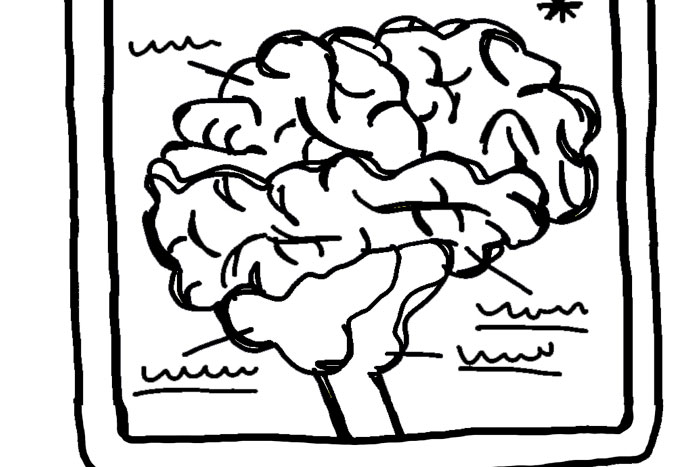by Teresa Barber, professor of psychology
When I tell people that I study memory, I’m often asked the same question: “How can I improve my memory?” People aren’t looking for a lecture on the biochemistry and pharmacology of memory but really just want a couple of hints to help remember simple things, like the names of people they’ve just met or their shopping lists.
Improving memory isn’t that hard. The important thing to remember is that memory is influenced by active work. That is, you need to actively work on it. Things stay in memory if they are attended to, are actively rehearsed, are organized in meaningful ways and are important to you. Following are a few tips for improving your memory.
1
Pay attention. We often forget people’s names because we never really heard them when we were introduced. Repeat the person’s name, and repeat it often. You’ll be surprised to realize how much you didn’t pay attention to names. We also often forget people’s names because there is nothing that associates the name with the person. Our own names are so significant to us, but the names of other individuals are really just another “thing” about them (tall, brown hair, glasses, Sue). If you want to remember the name, associate the name with some aspect of the person. For example, I met a person named Reed, so I associated her name with the Walter Reed
National Military Medical Center and imagined this person in uniform holding a stethoscope.
2
Make it meaningful. Remembering lists for longer periods of time is a difficult task. That’s why we have technology devoted to replacing our imperfect memories, such as stored phone numbers on our phones and refrigerators that send us our shopping lists while we’re at the store. Memories stay with us if they are important as they’re being made and if they are meaningful in some way. Memories made at times of heightened stimulation are remembered well. This is because activation of our nervous system increases the chemicals used in memory formation. Meaningful memories are often associated with this increased arousal. So, to enhance memory of an event, we can increase the activation of our nervous systems during the time we are encoding the information by increasing attention to detail and being stimulated by the information. It might be as simple as just increasing our metabolism when we are trying to learn and retain information.
3
Sleep on it! Important research on memory has shown that sleep has a big influence on memory retention. Sleep is actually an active time for our brains, a time in which we make lots of new physical connections in brain cells. Those connections are probably the new memories we’ve made that day. Thinking about sleep as an active period of time for the brain might allow us to allocate that important time to the task of improving memory.
Professor of Psychology Teresa Barber is a behavioral neuroscientist whose primary scholarship is in the study of memory. She studies memory formation in a variety of ways, such as measuring changes in the biochemistry and electrical activity of the brain, determining where in the brain memory forms and looking at the ways that drugs influence memory. She has been teaching at Dickinson for 25 years.
Read more from the fall 2018 issue of Dickinson Magazine.
TAKE THE NEXT STEPS
Published October 22, 2018
